Evaluation of COVID 19 Outbreak in Terms of Turkish Competition Law
“Everything was so much that it would come as little to be surprised.”
Edip Cansever
Introduction
COVID 19 was previously a mysterious disease that appeared in a remote Chinese city. Over time, frightening images of this epidemic disease began to appear in the news. At first, many countries in the world were safe; the disease was not everywhere. In time, however, COVID 19 spread throughout the world, as it was inevitable to do so.
Epidemics seen in various periods throughout world history affected thousands, even millions of people. For example, in the book, "Rebellion and Plague in Istanbul," by Eastern Roman historian, Prokopios, a disastrous plague epidemic is described. Due to the aforesaid epidemic, the economic and social life in the Roman Empire changed drastically, and strict new laws were introduced. Despite this, however, the fall of the Roman Empire could not be prevented. Hence, after the raging of great epidemics, empires collapsed, or new empires began to emerge throughout history.
The COVID 19 outbreak, like all other major outbreaks, has become a problem threatening all humanity throughout time; therefore, it was declared as a "Pandemic" by the World Health Organization on 12 March. It caused millions of people to fall sick and to date, we have seen over 400,000 related deaths. The shelves of supermarkets were emptied within a few hours by people panicking in fear. Cleaning and food products supply became a serious problem. Billions of people remained in quarantine in their homes for months. Economies have halted in all countries, millions of people have become unemployed, and the capitalist system has encountered one of the most severe crises known to mankind. Although the epidemic has been brought to heel in many countries, it is said that new waves may occur, and this makes the future more uncertain in terms of economic activities.
The excessive demand for certain goods unpredictably increased demand, especially for e-commerce items, during the epidemic period. It looks certain that the intense demand upon online sales channels will change market definitions and will lead to a different interpretation of the markets in terms of competition law. In addition, many undertakings, especially supermarkets, will need to make intense efforts and take additional measures in order to ensure supply adequacy and security. If a new wave of the outbreak occurs, it seems that supply shortages will be a serious problem, especially in terms of food and cleaning materials.
Thus, cooperation between the said undertakings seems inevitable. In terms of competition law, this situation brings with it important risks, especially in the realm of information exchange.
However, excessive price increases for some basic foods and cleaning products are even more important within the scope of COVID 19. Despite increasing prices, consumers still cannot access certain products. This situation brings along shocking claims. As is found in the entire in world, public opinion in Turkey has placed pressure on the governments to control price increases. It is seen that the Competition Authority is also playing an important role in investigations initiated, as well as forming new regulations for control of the excessive price increases and the fight against stockpiling during the COVID 19 process in Turkey.
It seems that the effects of COVID 19 will appear more clearly in the upcoming period. In terms of competition law, this will also require the adoption of a new sanction policy. Therefore, after the epidemic, it will be inevitable that issues, such as abuse of dominant positions, excessive prices and refusal of giving goods, will come under intense scrutiny on the agenda. Likewise, the Competition Authority in many parts of the world opened investigations, especially as to food and cleaning / hygiene products as soon as the epidemic started.
In addition, due to the fact that hundreds of thousands of public employees stayed in their homes during the epidemic, both in the European Union ("EU") Member States and the EU Commission, the principle to conduct meetings through video conferencing or over the phone became more widely used. In addition, many Member State Competition Authorities were requested to postpone merger and acquisition applications as much as possible, and it was announced that they would be treated flexibly in terms of time. As the employees of the Competition Authorities return to their jobs, long-awaited decisions will begin to be issued.
COVID-19 in Terms of Turkish Competition Law
Claims of excessive increases in the prices of health and cleaning materials and, especially, food, has come to the forefront since mid-March when the COVID 19 outbreak started to gain momentum in Turkey.[1] In addition to the difficulty in the supply of some products due to the increase in demand, prices started to increase significantly with the start of Ramadan. Production difficulties caused by the COVID 19 outbreak created serious uncertainties for all players in the market. While consumers had difficulty in finding some products in the market, they had accessed many products at very high prices as compared to the past. The increase in the demand for products used for protection against epidemics, such as gloves, cologne and masks, made it difficult to find the said products.
This situation started to affect many sectors. For example, since ethyl alcohol required for the production of cologne and disinfectants is difficult to find in the market, the necessity of mixing ethanol into gasoline has been suspended for 3 months.[2] Likewise, electricity consumption fell unexpectedly to the lowest level of the year due to declining economic activities.[3] This led to a serious drop in wholesale electricity prices, reducing the profitability of power generation companies. The Ministry of Industry and Technology held a meeting concerning cologne, which came to the fore during the epidemic, and announced that the producers are committed to not increasing their prices.[4]
Various precautions have been taken due to the price increases experienced due to the epidemic. In this context, apart from the Ministry of Commerce, it was also observed that the Ministry of Treasury and Finance also took action, and some companies were punished for excessive prices.[5]
One of the most important measures taken has been the amendments introduced to Law No. 6585 on the Regulation of Retail Trade.[6] The notions, such as "excessive prices," "stockpiling," and "unfair price assessment board," added to the said Law, the principle of investigating the high price increases and, upon complaints, actions were taken concerning matters such as stocking, by the “unfair price assessment board.” With the “Unfair Price Assessment Board Regulation,”[7] issued following this amendment, the aforementioned Board, the operating principles of which were arranged in detail, began to function.
Thus, as in many parts of the world, in Turkey, the government has responded sensitively to price increases, and has taken emergency precautions to ensure the security and adequacy of supply for the public’s food and cleaning products.
The Turkish Competition Authority, like other Competition Authorities in the EU and the United States, did not make any announcement regarding any changes concerning the functioning of competition rules, applications, and meeting procedures. However, it gave very limited certain flexibility in terms of defense period. The Authority announced that applications regarding the extension of the second and third written defense periods will be accepted; even so, any matter that could not be submitted to the Authority together with the defenses shall be submitted within the investigation period (approximately 15 months).[8] This has, in fact, allowed many defense arguments to be presented within an investigation period of almost 15 months.
The Competition Authority has been much more sensitive about food prices. The Competition Authority issued two very closely dated announcements about excessive prices, especially in the food sector. The Competition Authority previously published announcements about fresh fruit and vegetable products, which were claimed to have had excessive price increases imposed upon them.[9] Following these announcements by the Competition Authority, investigations were launched in markets, such as supermarket chains, and fruit and vegetable markets.
The first announcement by the Competition Authority, after the effects of the COVID 19 outbreak began to appear, was on 23.03.2020.[10] In this announcement, the Competition Authority emphasized COVID 19, which is a global epidemic, and stated that excessive price increases had been observed in the food markets, especially in the fresh fruit and vegetable market. Emphasizing that this situation affects consumer welfare, the Authority stated that actions that would disrupt competition would be punished with the most severe administrative fines.
Two days after this announcement, a statement was issued by the President of the Competition Authority.[11] In that statement, it was stated that the fresh fruit and vegetable market is being closely monitored and, although there has been no increase in costs, “excessive price increases” have been made, and these practices cannot be tolerated. The most important message of the said announcement was that the administrative fines will be handed down from the upper limit, and that the Competition Board will use its discretion to impose heavy penalties. Therefore, the Authority explicitly stated that despite the struggle against the COVID 19 outbreak, the heaviest fines would be imposed on those who made excessive price increases by being “opportunistic.”
Soon thereafter, the Competition Authority launched an investigation of cleaning and food products.[12] This was followed by an investigation of mask manufacturers.[13] Thus, an active competition law practice began in Turkey.
Conclusion and Implications for the Future
In previous years, due to the increase in the foreign exchange and seasonal conditions experienced in Turkey, increases in the prices of some fruit and vegetable products were experienced. Thereupon, statements and investigations were made via the Competition Authority"s website.[14] In the same period, investigations were commenced on paper, fertilizer, and supermarket markets that came to the agenda with the claims of high price increases but, mostly, no violation was determined.
Past practices clearly reveal that the Competition Authority is closely examining markets with high price increases due to both foreign exchange increases and seasonal conditions. It tries to protect the interests of consumers by examining the effects and causes of price increases. It also takes into account all economic arguments throughout the crisis period, which has been put forward as a defense in this matter.
However, in previous decisions, the Authority did not take into account only the crisis defense. For example, the economic crisis defense proposed in the Seramik[15] decision was not accepted. The Authority indicated that a crisis cartel must be formed in order to reduce excess capacity, should not involve price determination or quota agreement, and public authorities should be notified. In the Otomotiv ÖTV[16],Tüpraş[17] and 12 Banks[18] decisions, crisis defenses were made by undertakings, but these defenses were not accepted, as well.
It is clear from these decisions that the Competition Authority accepts the defenses made during the crisis periods only as a reason for the reduction if it reveals drastic changes in the market conditions. The existence of only one crisis is not considered as a defense that eliminates the violation of competition. However, it should be noted that the effects of an epidemic, such as COVID 19, have not yet been examined by the Competition Authority. Such a pandemic can change the jurisprudence of the Competition Authority, as in the rest of the world.
[1] https://www.sabah.com.tr/ekonomi/2020/03/13/corona-firsatcilari (Access date: 9.06.2020); https://www.hurriyet.com.tr/ekonomi/son-dakika-bakan-pekcandan-corona-virus-aciklamasi-fiyat-artislarina-gerekeni-yapacagiz-41466705 (Access date: 9.06.2020).
[2] https://www.enerjigunlugu.net/kolonya-uretimi-icin-3-ay-benzine-etanol-karistirilmayacak-36518h.htm (Access date: 9.06.2020).
[3] https://www.dunya.com/gundem/gunluk-elektrik-tuketiminde-yilin-en-dusuk-seviyesi-goruldu-haberi-465662 (Access date: 9.06.2020).
[4] https://www.sanayi.gov.tr/medya/duyurular/60d200320t1 (Access date: 9.06. 2020).
[5] https://www.tv100.com/maliye-bakanligindan-fahis-fiyatli-satislar-icin-ihbar-hatti-haber-487881 (Access date: 9.06.2020); https://www.ekonomist.com.tr/haberler/bakanliktan-virus-firsatcilarina-karsi-onlem.html (Access date: 9.06.2020); https://www.gib.gov.tr/koronavirus-nedeniyle-piyasalardaki-haksiz-fiyat-artisina-iliskin-sikayet-hatti (Access date: 9.06. 2020).
[6] For Law No. 7224, which includes the said amendments, see Official Gazette dated 17.04.2020 and numbered 31102.
[7] For detailed information, see Official Gazette dated 28.05.2020 and numbered 31138.
[8] https://www.rekabet.gov.tr/tr/Guncel/duyuru-91e4ba53dc80ea11811800505694b4c6 (Access date: 9.06.2020).
[9] https://www.sozcu.com.tr/2018/ekonomi/tarlada-da-yok-depoda-da-yok-2768372/ (Access date: 9.06.2020).
[10] https://www.rekabet.gov.tr/tr/Guncel/kamuoyuna-duyuru-3b18d865266dea11811700505694b4c6 (Access date: 9.06.2020).
[11] https://www.rekabet.gov.tr/tr/Guncel/rekabet-kurumu-baskani-birol-kule-nin-ya-19def560896eea11811700505694b4c6 (Access date: 9.06.2020)
[12] https://www.rekabet.gov.tr/tr/Guncel/aralarinda-zincir-marketlerin-de-bulundu-8828c79f5f90ea11811a00505694b4c6 (Access date: 9.06.2020)
[13] https://www.ntv.com.tr/turkiye/rekabet-kurumu-maske-uretim-ve-satisi-yapan-10-tesebbuse-sorusturma-acti,126IRYcLVkGmrPAmH99FdQ (Access date: 9.06.2020)
[14] https://www.sozcu.com.tr/2018/ekonomi/tarlada-da-yok-depoda-da-yok-2768372/ (Access date: 27.03.2020); https://www.aa.com.tr/tr/ekonomi/rekabet-kurumundan-patates-ve-sogan-fiyatlarina-takip/1182051 (Access date: 9.06.2020); http://ekonomi.haber7.com/ekonomi/haber/2775326-rekabet-kurumundan-kritik-sogan-aciklamasi (Access date: 9.06.2020).
[15] https://www.rekabet.gov.tr/Karar?kararId=794eb352-4c6e-40df-8d73-7867772827e3 (Access date: 9.06.2020).
[16] https://www.rekabet.gov.tr/Karar?kararId=b2bac617-7340-433a-99b8-b9ff8d3e1934 (Access date: 9.06.2020).
[17] https://www.rekabet.gov.tr/Karar?kararId=3b186e10-8a4d-4897-a49a-d8e5e2f1b21f (Access date: 9.06.2020).
[18] https://www.rekabet.gov.tr/Karar?kararId=30851aa5-2cf3-4c54-b284-e192ed6ed71b (Access date: 9.06.2020).
All rights of this article are reserved. This article may not be used, reproduced, copied, published, distributed, or otherwise disseminated without quotation or Erdem & Erdem Law Firm's written consent. Any content created without citing the resource or Erdem & Erdem Law Firm’s written consent is regularly tracked, and legal action will be taken in case of violation.
Other Contents

Mergers and acquisitions are among the types of transactions that are subject to intensive scrutiny by competition authorities. As a rule, competition authorities only subject transactions that exceed certain turnover thresholds and result in a change of control to merger…

The U.S. District Court for the District of Columbia (“Court”) issued its memorandum opinion (Memorandum Opinion) on November 18, 2025, in the antitrust case (“Case”) between the Federal Trade Commission (“FTC”) and Meta Platforms Inc. (“Meta”). The FTC alleges that Meta monopolized the market…

No-poach agreements, which have become one of the most prominent concepts in global competition law in recent years, are defined in the Glossary of Competition Terms as “agreements, whether direct or indirect, whereby one undertaking agrees not to make job offers to, or hire, the employees of another...

The Competition Board (“Board”) has broad powers to request information from undertakings. The legal basis for this authority is provided by Article 14 of Law No. 4054 on the Protection of Competition (“Law No. 4054”). Under this provision, the Board may request any information it deems necessary from public...
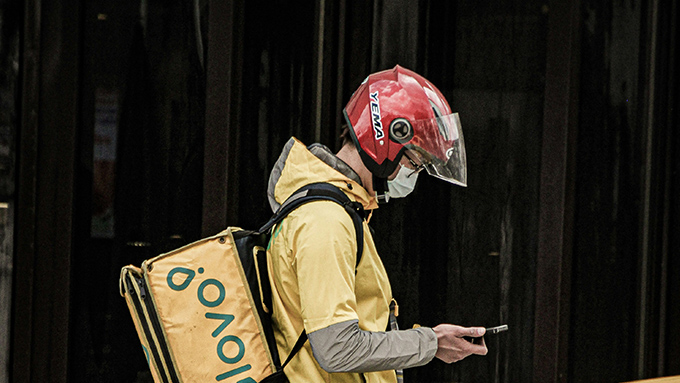
Competition authorities around the world have increasingly focused on labor market infringements under competition law, issuing new regulations and guidance recently. Notable examples include the U.S. Department of Justice and Federal Trade Commission’s joint guidance, the Japanese Fair Trade Commission’s...

Chapter 8 of the General Data Protection Regulation (“GDPR”) sets out the legal remedies available to data subjects in the event of a breach of their rights under the GDPR. Accordingly, each data subject has a right to lodge a complaint with the supervisory authority of the Member State in which they reside, work...

Mergers and acquisitions play a critical role in shaping the competitive structure of the market. Although such transactions can lead to positive outcomes such as the provision of products and services at lower prices, the development of new products and technologies, and improvements in quality, they may also...
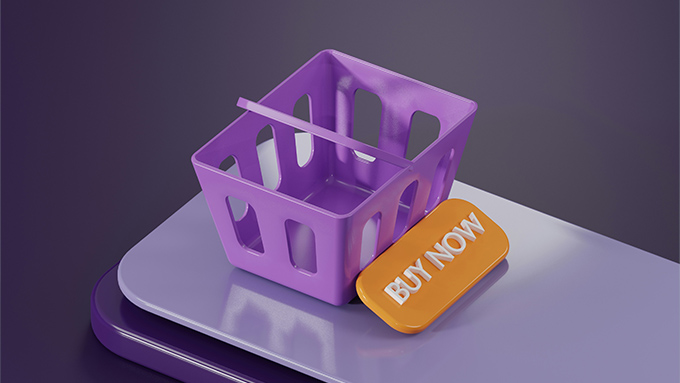
Technology and the opportunities it brings undoubtedly play a key role in strengthening the competitiveness of market players. In this context, pricing algorithms that enable undertakings to monitor publicly available prices and optimize their own pricing strategies have become widely used, especially by digital platforms...

The Regulation on Fines to Apply in Cases of Agreements, Concerted Practices and Decisions Restricting Competition, and Abuse of Dominant Position (“Former Regulation on Fines”), which entered into force upon its publication in the Official Gazette dated February 15, 2009 and numbered 27142, was...

In the past years, the Turkish Competition Board (“Board”) has closely monitored the activities of undertakings operating in the retail sector. As a result of the Board’s record of administrative fines, horizontal type of violations in the retail sector have been highly publicized. Vertical violations such as resale price...

In recent years, numerous automobile manufacturers have announced their goals to reduce carbon emissions, with many brands setting net-zero carbon targets spanning from production processes to the lifecycle of their vehicles. While ongoing debates persist regarding the significantly higher carbon footprint of...

Under Article 15 of Law No. 4054 on the Protection of Competition (“Law No. 4054”), the Competition Board (“Board”) may conduct on-site inspections at the undertakings’ premises when it deems necessary in fulfilling the duties assigned to it. During the on-site inspection, the Board is authorized to examine all...

Agreements and information exchanges between undertakings in labor markets have recently been examined in various preliminary investigations and investigations initiated by the Turkish Competition Authority (“Authority”). Following the investigations in which some undertakings were subject to...

The Turkish Competition Board’s (Board) decision regarding the acquisition of the international road transport business line of Ekol Lojistik AŞ (Ekol) by DFDS A/S (DFDS) has been one of the most prominent transactions on the competition law agenda recently...

The Competition Board (“Board”) has broad powers to request information from undertakings. The Board’s authority to request information arises from Article 14 of the Law No. 4054 on the Protection of Competition (“Law No. 4054”). Under the relevant provision, the Board may request any information it deems...

Doğuş Otomotiv Servis ve Ticaret A.Ş. (Doğuş) applied to the Turkish Competition Authority for an exemption for the practice of recommending basic wages to be applied to sales and after-sales service employees of its authorized dealers and distributors...

Access to Instagram was blocked ex officio by the Information and Communication Technologies Authority (ICTA) as of 2.08.2024. Under Article 8 of Law No. 5651 on the Regulation of Publications on the Internet and Combating Crimes Committed Through These Publications, ICTA can issue an ex officio access...

It is well known that agreements between employer undertakings with regards to their employees, such as wage-fixing and non-poaching agreements, along with competitively sensitive information exchanges have been under the scrutiny of competition authorities all over the world, including the Turkish Competition...

Automotive is one of the sectors in which the world’s most significant investments are made. The Competition Board (“Board”) has been closely interested in the automotive sector over the years and has conducted various examinations and studies in this field...

Competition authorities around the world continue unabated to investigate competition concerns arising from data collection and processing activities of digital platforms and impose severe sanctions as a result...





The startup ecosystem in Turkey has experienced notable growth in recent years. In the last quarter of 2023, 81 startups secured a combined investment of around 60 million dollars. While the number of investments remained consistent when comparing the third quarter periods of 2022-2023, there was a decrease...
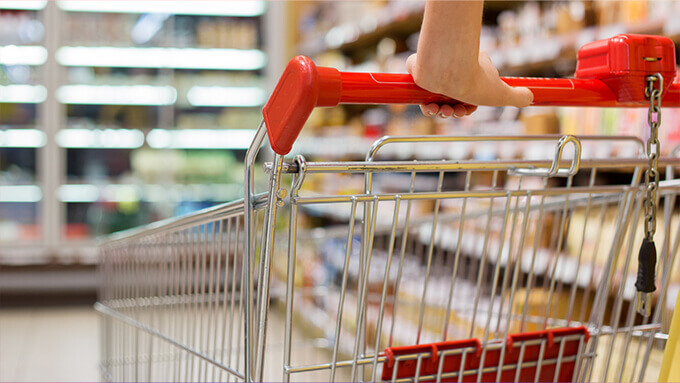
Hub and Spoke cartel is a type of violation that is not clearly defined and regulated under Law No. 4054 on the Protection of Competition (“Law No. 4054”). Decisional practices of foreign competition authorities, particularly the UK Competition and Markets Authority’s decisions (“CMA”), are instructive concerning...

The Competition Board ("Board") made an addition to its line of decisions on resale price maintenance with its decision on Sunny Elektronik Sanayi ve Ticaret A.Ş. ("Sunny") . In its decision, the Board thoroughly examined the allegations regarding Sunny's involvement in maintaining resale prices and restricting...
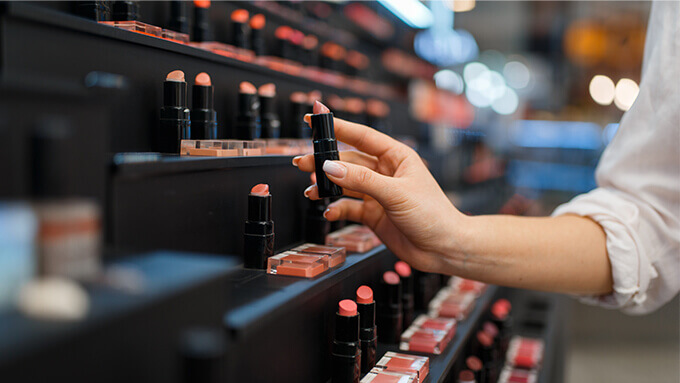
It is observed that the Competition Authority (“Authority”) has recently scrutinized various industries such as fast-moving consumer goods, labor market, pharmaceuticals, and cement. When the reasoned decisions of the Competition Board (“Board”) published in October are examined, it can be seen that the...

Jules Verne says, “Everything on earth has a limited lifespan, nothing that will exist forever can be created by human hands”. Perhaps change is the only constant concept in all our lives. Despite two major world wars and countless periods of crisis, humanity has been undergoing a great change and...

At the meeting of the Fédération Internationale de Football Association (“FIFA”) held on 16 December 2022, the FIFA Council approved the FIFA Football Agents Regulations (“FFAR”). In the FFAR, various amendments have been made, such as the introduction of a maximum service fee limit that football agents are...

Resale Price Maintenance (RPM) is still considered a hardcore restriction under the recently revised Vertical Block Exemption Regulation (VBER), which means that it cannot benefit from a statutory exemption under Article 101(1) TFEU, unlike certain other types of vertical agreements. However, it has been debated...

In competition law, it is important to accurately determine the concept of undertaking, especially in terms of mergers and acquisitions. Therefore, the concept of economic entity aims to reveal the economic units covered by the undertakings. The relationship between the concept of economic entity and family ties comes...

In these days when the Competition Board (“Board”) frequently imposes administrative fines for preventing on-site inspections and both the Competition Authority (“Authority”) and undertakings take legal and technical measures regarding on-site inspections, a striking development has occurred. In its decision...
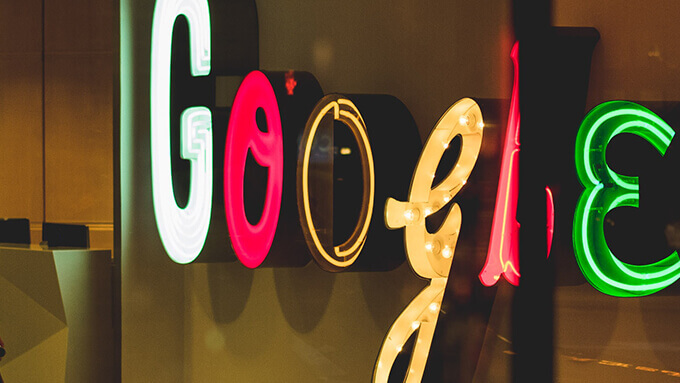
Online advertising has become an important source for businesses for promoting products and services and meeting consumers, as a result of the rapid development of information technologies and increase in the use of internet. Delivering targeted messages to consumers at the right time through the digital...

Selective distribution systems refer to a type of distribution system in which suppliers commit to selling the contracted goods or services directly or indirectly to distributors selected based on specified criteria, while the distributors commit not to sell the said goods or services to unauthorized...
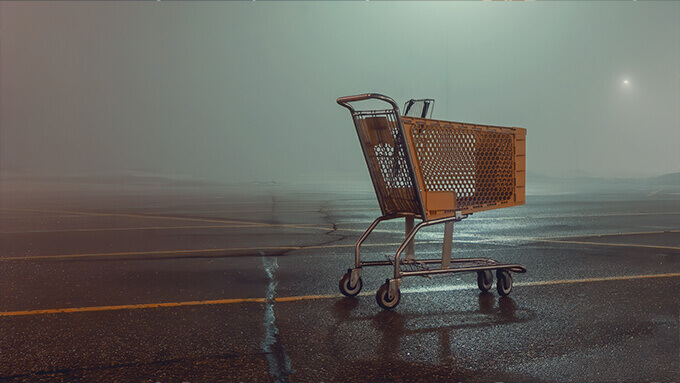
Fast-moving consumer goods is undoubtedly one of the sectors that the Competition Authority has been working most intensively since the COVID 19 pandemic. Among the most important developments of this period was the Sector Inquiry initiated on Fast Moving Consumer Goods (“FMCG”) Retailing...

In the decision of the Constitutional Court ("Constitutional Court" or "Court") dated 09.11.2022, numbered 2020/67 E. 2022/139 K. (the "Decision"), the annulment of certain articles of the Law Amending the Law on the Protection of Competition No. 4054 ("Law No. 7246") was requested...

In Turkish competition law, certain types of mergers and acquisitions are subject to Turkish Competition Board’s (“Board”) approval in order to gain legal validity. Pursuant to Article 7 of the Law No. 4054 on the Protection of Competition (“Law No. 4054”), the Board is competent to define mergers and acquisitions...

Recently, the Competition Board (the Board) had imposed administrative fines on banks and financial institutions for failing to respond to the request for information within the scope of a preliminary investigation.[i] The request for information that lays the groundwork for the administrative fine imposed by...
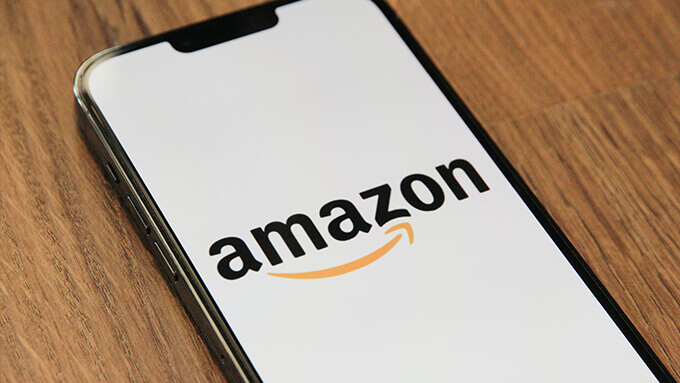
Amazon, a world-famous company, is an e-commerce company that operates the world’s largest online shopping platform. In the backstage, Amazon is a data-driven company whose retail decisions are mostly driven by automated systems, fueled by the relevant market data. That being said, Amazon has a dual...

The right to make on-site inspections is one of the Competition Board’s (“Board”) most important tools for revealing whether Law No. 4054 on the Protection of Competition (“Law No. 4054”) has been violated. The effective use of this authority is quite important in terms of obtaining fruitful results from...

“Harese” is an interesting Arabic word. There is a thorn that camels love very much in the desert. The camel eats the thorn with great greed. So much so that, its mouth bleeds as it eats, but it doesn't stop eating. The taste of the thorn is mixed with the salty taste of its own blood. This mixed taste drives the camel...

Turkey’s leading pay television service provider, Krea İçerik Hizmetleri ve Prodüksiyon A.Ş. (“Digiturk”), is frequently the subject of complaints made to the Competition Authority (“Authority”). In fact, the Competition Board (“Board”) issues a new decision about Digiturk almost every year. In these decisions...

The French Competition Authority (Autorité de la Concurrence), within the scope of the competition law proceeding initiated upon the complaint of Criteo SA (“Criteo”), accepted the commitments proposed by Meta Platforms Inc., Meta Platforms Ireland Ltd., and Facebook France...
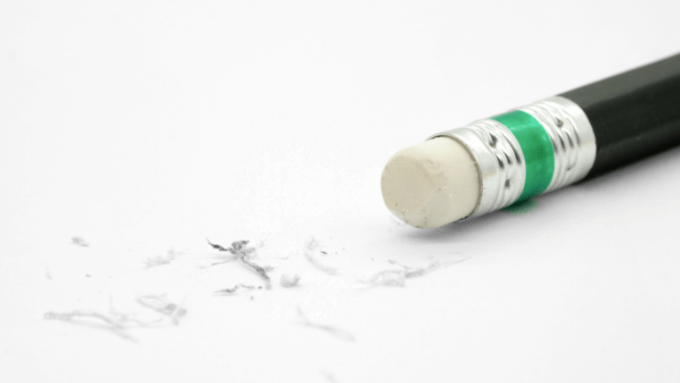
While the scope of Competition Board’s (“Board”) power to conduct on-site inspections has increased with the introduction of Guidelines on Examination of Digital Data during On-site Inspections (“Guidelines”), nowadays the amount of monetary fines imposed on undertakings continue to...

The hub and spoke cartel, which is a relatively new type of violation in terms of Turkish competition law, is defined as the indirect exchange of information between two independent undertakings which are horizontal competitors on the supplier or retailer level, through another undertaking...

The settlement mechanism has only recently been introduced to Turkish competition law practice. It entered into force with the amendment made to the Law on the Protection of Competition (“Law”) numbered 4054 on 16.06.2020, and has been in effect for less than two years. In this relatively...

Due to their increasing share in the economy and rapid growth rate, e-marketplace platforms have come under the increasing scrutiny of the Turkish Competition Authority (“Authority”) as well as many competition authorities around the world...

Pursuant to the Amendment Communiqué Concerning the Mergers and Acquisitions Requiring the Competition Board’s Approval (“Amending Communiqué”) published in the Official Gazette dated March 4th, 2022 and numbered 31768, certain amendments have been introduced...
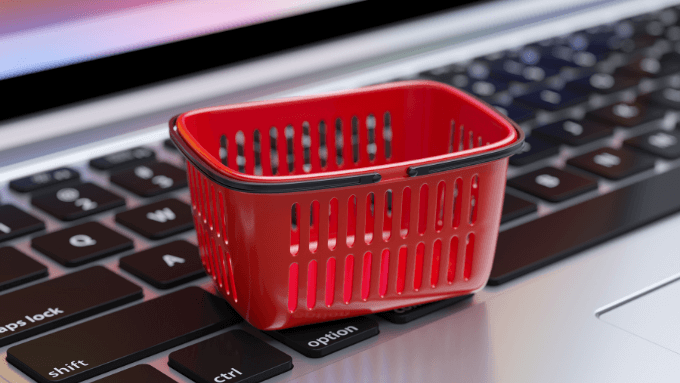
The Competition Board (“Board”) has recently published a reasoned decision in which it evaluated BSH Ev Aletleri Sanayi ve Ticaret A.Ş.’s (“BSH”) request for negative clearance or exemption with regard to its practice of prohibiting authorized dealers from making sales through online marketplaces...

Shahmaran, a Mesopotamian myth, is believed to take place in Tarsus. According to the myth, the shah of snakes is the immortal and omniscient "Shahmaran." Shahmaran is described as a beautiful woman living in her cave with her snakes...

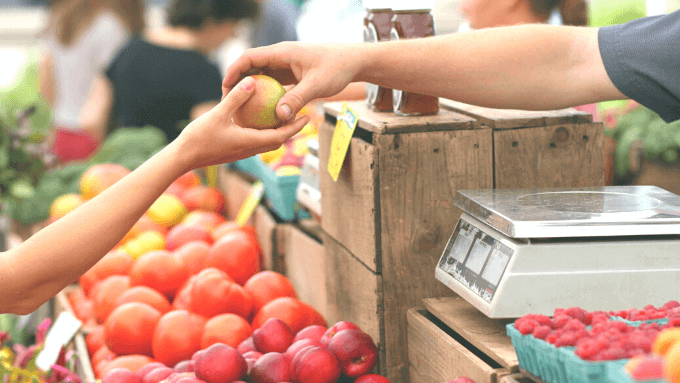
During the COVID-19 pandemic, competitive concerns about the pricing behavior of chain markets, manufacturers, and wholesalers engaged in the retail trade of food and cleaning supplies led to an investigation by...

When the past decisions and the recent decisions of the Competition Board (“Board”) are examined, a significant increase can be observed in the number of decisions where the Board found hindrance or obstruction of on-site inspections. This situation shows that...
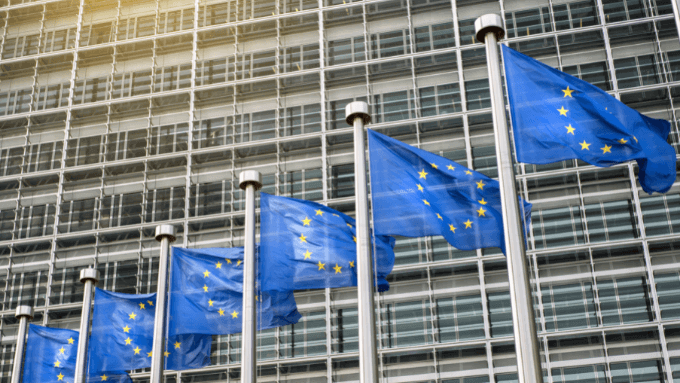
The European Commission began investigating the collusive behavior of Credit Suisse, UBS, Barclays, RBS, and HSBC in the Foreign Exchange (forex) spot trading market in 2019. With the recent press release dated 02.12.2021, the Commission announced that the case is now closed...


Digitalization, in particular, necessitates the rewriting of competition law rules. Competition law is at the center all questions regarding e-commerce and digital platforms. The aforementioned platforms, which have become prominent due to innovations in...
















































